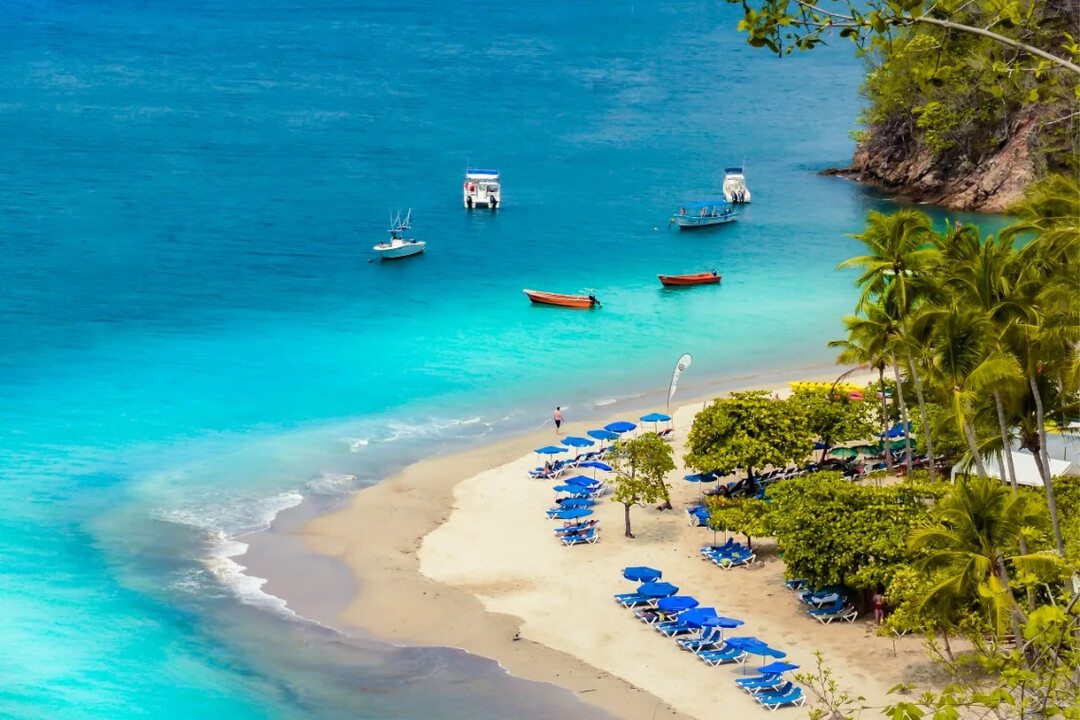
Over the past decade, Costa Rica has emerged as the Latin American country with the fastest-growing population of foreign millionaires. According to the '2025 Private Wealth Migration Report' by London-based consultancy Henley & Partners, Costa Rica's millionaire population has surged by a staggering 76% over the past 10 years, ranking 6th globally. The report defines a millionaire as an individual with liquid assets of $1 million (approximately KRW 5.3 billion) or more and projects that around 350 more will settle in Costa Rica in 2025.
The 'Wealth Migration' Triggered by the Pandemic
The influx of wealthy individuals to Costa Rica accelerated particularly after the COVID-19 pandemic. Andrés Riggioni, co-owner of luxury real estate firm The Agency Costa Rica, analyzes that the pandemic changed the mindset of the world's wealthy. With remote work and business becoming common, they are no longer tied to one location and prefer a "semi-permanent" lifestyle, moving between various countries.
This trend has led to an explosive boom in Costa Rica's real estate market. Property prices, especially in coastal areas, have doubled in just one to two years. Riggioni explains that millionaires often spend half the year in Costa Rica and the other half in other countries. While most are from the US and Canada, there has recently been an increase in people from Latin American countries like Mexico, Colombia, and Venezuela, as well as Europeans.
Interestingly, they are not just retirees. A significant number of the wealthy migrants are "semi-retirees" in their 40s and above. They have stepped back from day-to-day corporate management to focus on investment and enjoy a more flexible lifestyle. More recently, young "crypto millionaires" who have accumulated vast wealth in a short time through cryptocurrency investments are also flocking to Costa Rica. They call coastal towns like Santa Teresa, where luxury real estate development is booming, their new hub, a "Silicon Beach."
Attractive 'Golden Visa' and Tax Benefits
One of the biggest factors attracting the wealthy to Costa Rica is its appealing tax system. Andrew Amoils, Head of Research at New World Wealth, emphasizes that Costa Rica does not tax capital gains made overseas. For instance, profits from Wall Street stock investments are not taxable in Costa Rica. Additionally, the top income tax rate is a relatively low 25%, and there is no inheritance tax.
In addition to these tax policies, Costa Rica offers a 'Golden Visa' program that grants residency to foreign investors. With a minimum investment of just $150,000 (approximately KRW 790 million) in real estate, it is a very accessible option for high-net-worth individuals.
A stable social environment, a high standard of living, and a beautiful natural environment also add to Costa Rica's appeal. However, recent years have seen a rise in security issues, raising concerns that this could negatively affect tourism and investment. The Organisation for Economic Co-operation and Development (OECD) recently warned of an increase in violence and crime in Costa Rica.
The Shadow of Gentrification
The influx of millionaires is bringing both positive and negative effects to Costa Rican society. In coastal regions like Guanacaste, rapid luxury real estate development has caused property prices to skyrocket by up to 400% between 2017 and 2023. As a result, local residents are experiencing gentrification, unable to afford the soaring housing and living costs, and are being pushed to the outskirts.
In fact, in Guanacaste, where the poverty rate is 24.5%, there have been protests demanding the protection of housing rights for local residents. Experts point out that the luxury housing construction boom is not providing real benefits to the local economy, and is instead causing problems like an increase in vacant homes and water depletion.
While Costa Rica, along with Panama and the Cayman Islands, is one of the most prominent Latin American countries for an influx of foreign millionaires, countries like Brazil, Argentina, and Colombia are experiencing a net outflow of wealth. Costa Rica faces the significant challenge of both continuing to attract wealthy migrants and finding ways to address the social imbalance that this migration is causing.
[Copyright (c) Global Economic Times. All Rights Reserved.]




























